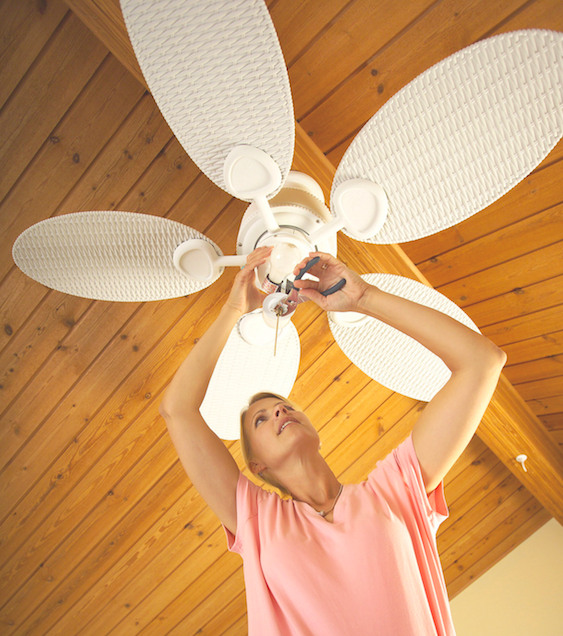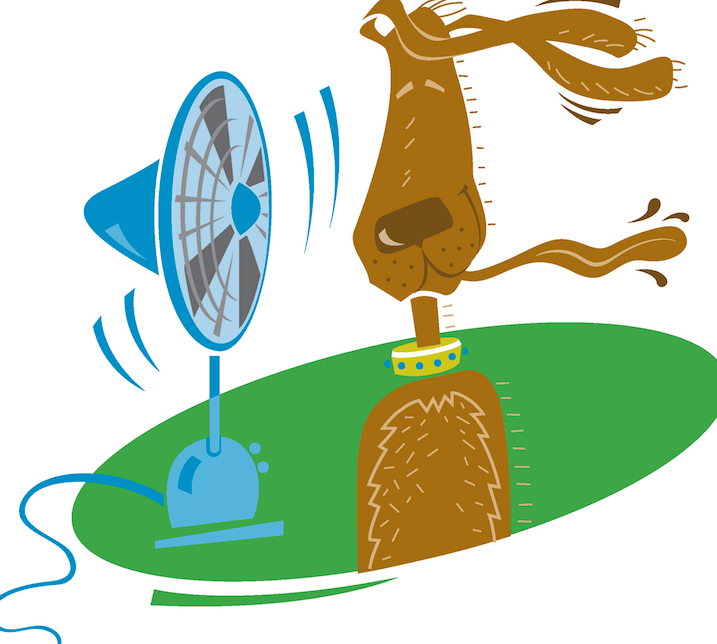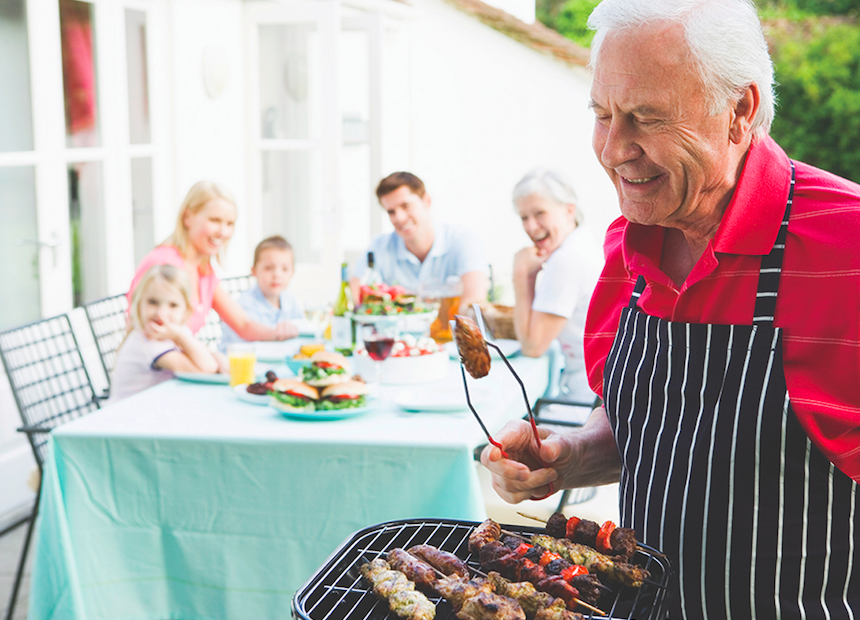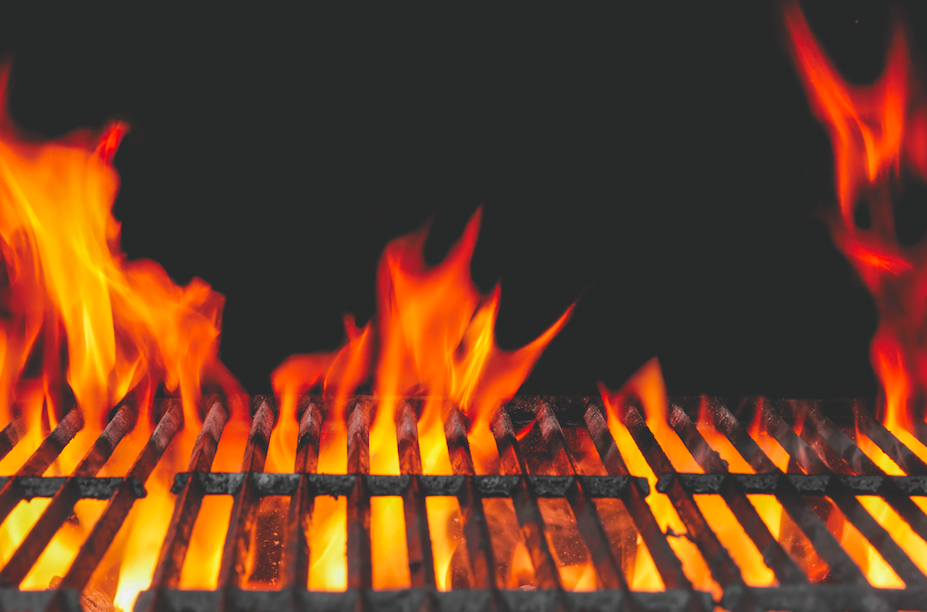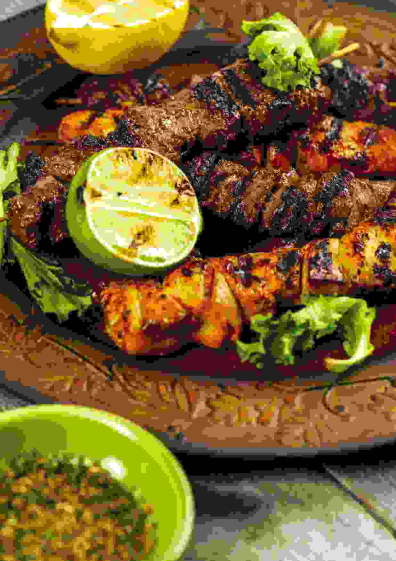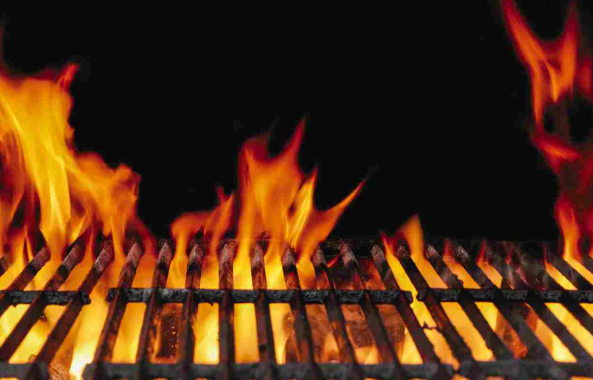Mother Nature is consistently inconsistent these days, when 30-degree Mondays might be followed by 60-degree Tuesdays. Fickle weather is often accompanied by large fluctuations in temperature, strong storms and unseasonable conditions, making it difficult for homeowners to maintain comfort levels in their homes.
As a result of fluctuating temperatures, home heating and cooling systems have been heavily taxed. Growing reliance on HVAC systems has also driven up energy bills, as moderate weather synonymous with spring has given way to more days of extreme heat or extreme cold. As summer approaches once again, reducing cooling costs is a priority for many homeowners. The following are a few ways to cool your home’s interior without causing a spike in your energy bill.
· Reduce sun exposure. Much of the hot air inside of a home can be attributed to sunlight exposure throughout the day. Walls and windows on the south and west sides of a home will bear the brunt of the sun’s rays, so close shades and drapes on this side of the house to maximize coolness. Shades and curtains can save you up to 7 percent on your bills and lower indoor temperatures by up to 20 degrees. Homeowners also may want to think about installing a retractable awning on areas of the house that get a lot of sun. Planting shade trees is another way to naturally cool down hot sides of the house.
· Draw more air into the attic. Hot air rises, and in the summertime hot air can get trapped beneath the roof in the attic and eaves of a home. While an attic should have vents, homeowners can speed up the exchange of hot air with a simple trick. Open up a window on a shady side of the home, and then open the attic door or take out the access panel and place a box fan inside to blow air up into the attic. This will disperse the hot air and help force it out through the vents.
· Use fans productively. Using box fans to suck cool night air in from east- and north-facing windows and to push out hot air from west- and south-facing windows is another way to increase circulation through a home. Running fans may be less costly than turning on air conditioners. Also, set ceiling fans to rotate counter-clockwise. This will pull cooler air up from the floor and create a wind-chill effect.
· Switch to LED or CFL bulbs. Ninety percent of the energy used for incandescent bulbs is emitted as heat. This not only wastes electricity but also can make conditions hotter inside a home. Switch to cooler, more efficient light bulbs.
· Reduce humidity levels. Humidity makes hot temperatures feel even hotter. Clean laundry, take showers and run the dishwasher at night or early in the morning before the day heats up. Don’t forget to vent bathrooms and kitchens by turning on exhaust fans when water is in use.
· Rely on a programmable thermostat. Setting a thermostat to adjust the air conditioning system automatically means homeowners can keep the temperature raised when they’re not home and then have it lowered shortly before they arrive home. The thermostat also can adjust temperatures for day and night use.
· Keep doors closed. Do not cool rooms that are unused. Maximize the cool air in lived-in spaces by blocking off rooms that do not need to be cooler.
· Invest in more insulation. Insulation does not just keep homes warmer in the cold weather. Insulation also prevents hot air from infiltrating living spaces while keeping cooler air where it’s needed. Sealant around windows and doors also will prevent unnecessary air exchange.

